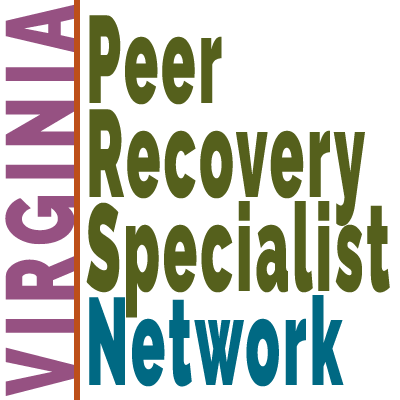Blog
When You Know, You Know
Know what? That is a good question! It could be anything. Usually this statement refers to people falling in love with one another exclaiming, “when you know, you know!” What that usually means is we fell head over heels in love at just the mere sight of one another or from a spark born out of a connecting conversation. And knowing is half the battle. I’m sorry. It was there. Where are the G.I. Joe fans?
Let’s take a look at the word ‘know’. The etymology, which is a fancy way of saying where a word comes from, is quite interesting. It is defined as, “to be aware of through observation, inquiry, or information.” In the context of peer work, there are three uses of the word ‘know’ that are germane and helpful.
First, dating back to the year 1200, we first see the use of the word ‘know’ meaning ‘to experience or live through”. For example, in the year 1200, there was no electricity. Therefore when someone said, “I know how awful it is when I don’t have a candle to light up the room” it made perfect sense! Of course, without electricity, which was unknown at the time, pardon the pun, life was very difficult once the sun went down.
Second, in the late 1400’s, we see the phrase “as far as I know” enter the lexicon. Let’s use that in a sentence. Mother: Son, did you do all your homework? Son: As far as I know. Mom: you better know for sure or you’re not hanging out with your friends tonight.
Last, in 1704, we first see the phrase “to know better”. Ever had a parent or teacher say that to you when you were in grade school and did something that was unacceptable? I did. I talked too much in my 4th grade class. My teacher, Sister Presentation, made me stand in the trash can in the front of the room so all my peers, the puns they keep coming, could watch my cruel and unusual punishment. Yet, I lived to tell the tale. I knew I would. I’m not even going to comment on that last sentence.
So, if we put those three statements together, we have a framework by which we can practice peer support.
- To experience or live through
- As far as I know
- To know better
In our fictional conversation as a peer recovery specialist, we practice active listening to understand and “know’ more about the peer we are supporting. And the first thing we encounter is their story, that is their experience and what they’ve lived through. In that story, we learn that people generally do the best they can “as far as they know”. Because, let’s face it, we all have limited knowledge and can only get but so far without crucial knowledge to get us where we are trying to go, ulitmately.
Last, we have the opportunity to discuss, troubleshoot, and encourage that peer we are supporting to learn to “know better”. In this context, it is not necessarily in the sense of doing something wrong and having to own up to it and never do it again. In this case, another way to look at it is that a peer can choose to “know better” that is to learn what they currently do not know. For example, if a peer needs to work on their emotional growth they may find a self-help book that explains the very reasons why and a road map to work on that growth. Therefore, they are learning to know better, that is, through learning and knowledge they can have a better handle and understanding about their emotional health and growth process.
So, the next time you offer peer support to another peer, consider these three different sides of the word “know”. Perhaps it will open the conversation up to deep levels of wisdom and understanding, two cousins of knowledge, so that the peer you are supporting may have a personal breakthrough and make changes they’ve either always wanted to make but didn’t know how to do so or realize for the first time that they know they want to make a change in their life and begin to do so!

Chris Newcomb
VPRSN Coordinator
Chris Newcomb, M.Div., PRS, CPMS, CWF, CSSF is the VPRSN Coordinator on behalf of Mental Health America of Virginia. He holds a Bachelor in Psychology from Radford University and a Master of Divinity from Duke University. In his spare time, he is a singer/songwriter who loves to write new songs, practices Krav Maga, and enjoys time with family and friends.
